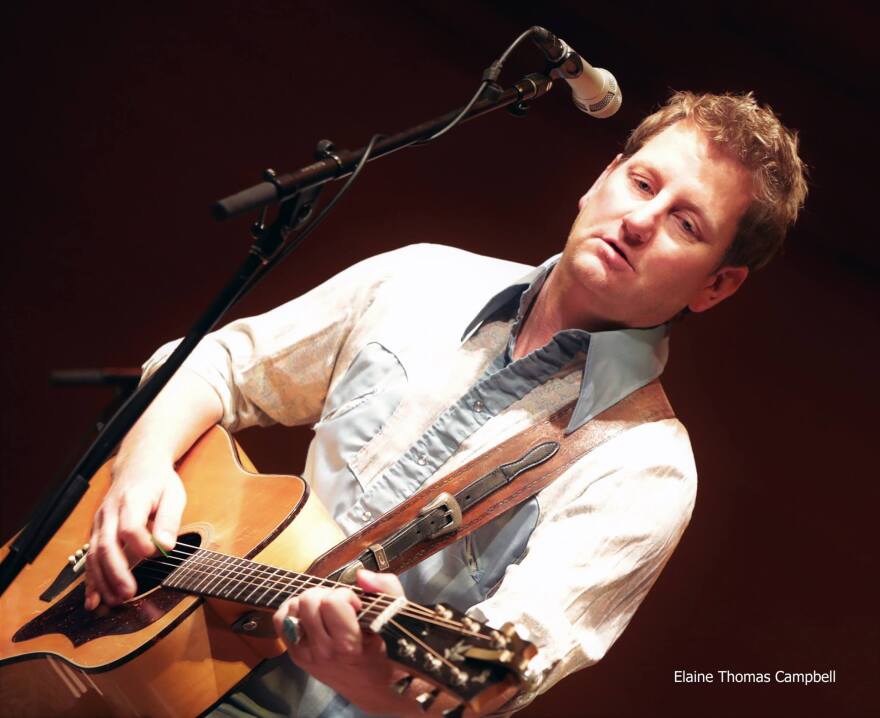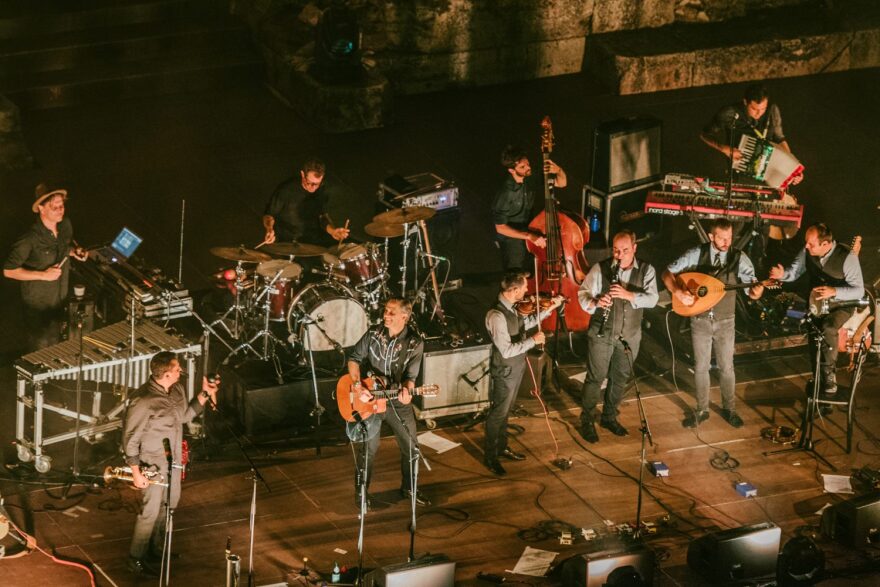Independent live music venues in the U.S. were among the first businesses to close at the beginning of the COVID-19 pandemic. They’ll also be some of the last to open, and that’s put thousands of clubs and theaters on the cusp of going under, and has left scores of employees and touring bands without income. A bipartisan bill in the U.S. Senate aims to throw the industry a lifeline by providing $10 billion in federal grants to pay rent, mortgage, payroll and other expenses venues have accumulated as nearly all their income has dried up. Arizona Senator Kyrsten Sinema is a co-sponsor of the Save Our Stages Act and spoke with KNAU’s Ryan Heinsius.
For more information on the Save Our Stages Act, see the National Independent Venue Association's website.
Ryan Heinsius: Every venue in the country has been impacted by COVID with live music in its regular form on hold most of the year. What are you and the other sponsors of this bill trying to accomplish?
Sen. Kyrsten Sinema: Yeah, the list of the venues that have been hard hit is pretty long. You think about the Orpheum and the Green Room in Flagstaff – there’s so many local venues that we don’t want to lose. And we know that it’s not safe to host live programming during the pandemic but we also want to make sure that these important artistic venues and the artists they support are here when the pandemic ends.

RH: Live venues are so foundational economically to many cities especially here in Flagstaff and in Tucson for instance. If they were allowed to close in large numbers because of COVID, what impact would this have on local economies?
KS: Well, it would have a huge negative impact, right? Local entertainment venues support good jobs, they grow our economy and they foster a sense of community. These are hubs of gathering for folks within the community. So losing those isn’t just bad during an economic recovery, it’s not just bad during the pandemic, it’s bad for our cities and our towns for the future, right? When we come through this pandemic we have to know that these venues will still be available, that the artists will still be around and able to perform so we can rebuild that sense of community that’s strained right now during the pandemic, but also so we can rebuild our economic vibrancy and bring folks to our towns and our cities throughout Arizona. You’re in Flagstaff so you know how important tourism is to the community and that’s why the Save Our Stage Act is designed to protect those venues so that we don’t lose this critical asset for the future.

RH: Are you hopeful for the future of these businesses?
KS: I am. First of all, I know that Arizonans care deeply about entertainment and music. It’s part of who we are as a people. And so we want these venues to be available. I don’t know about you, but we’re all itching to get back to the days where we can go see Calexico or another band and be with our friends. So, we know we need to protect this and it’s a high priority for all of us in Arizona. The big challenge I think we face is to figure how can we provide this assistance through bills like the Save Our Stages Act, which is bipartisan, so that we can tide over until folks are vaccinated and we can resume these activities that we love so much.






